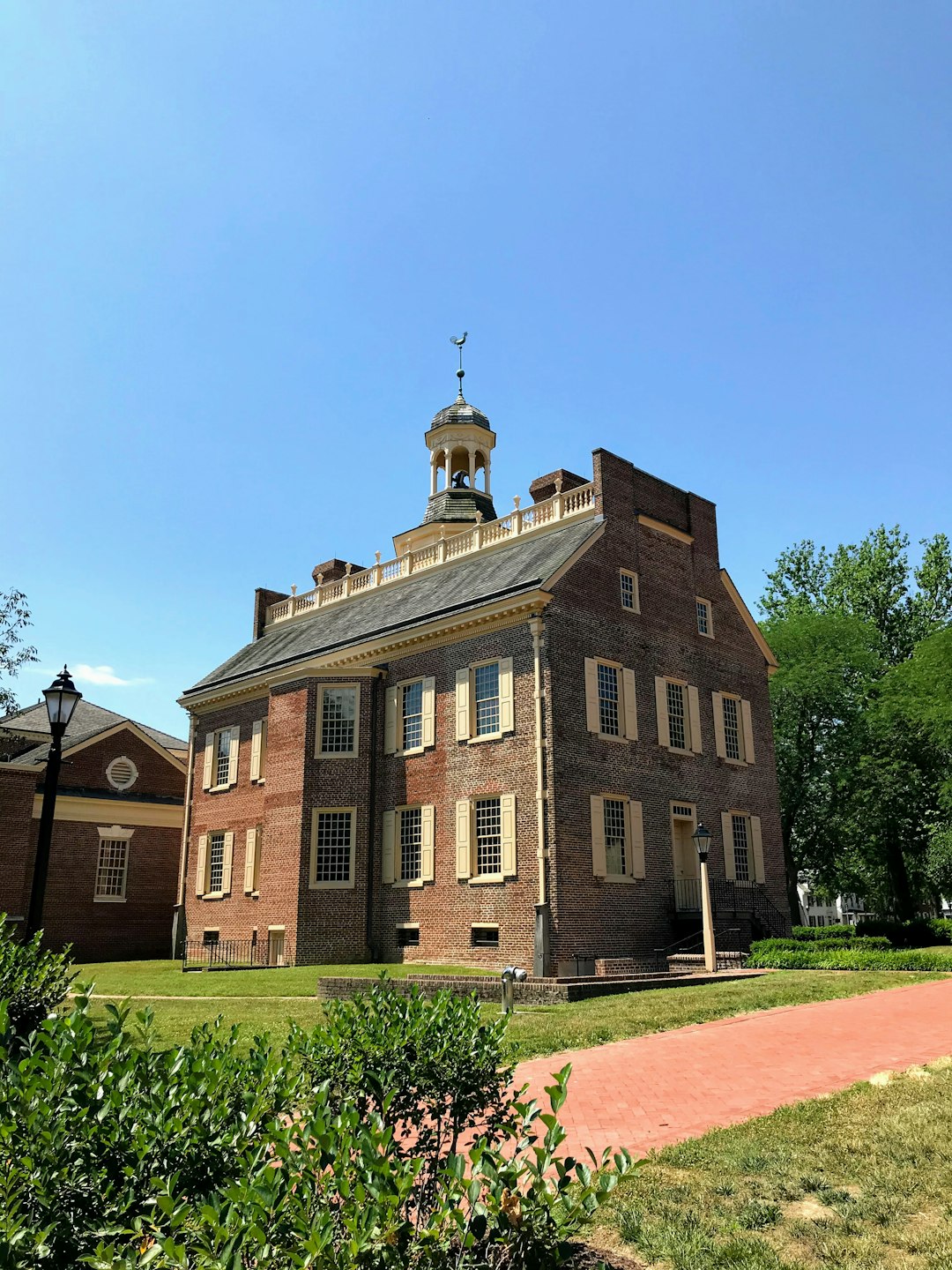Telemarketing practices using automated dialing systems (autodialers) have evolved but raised privacy concerns, prompting regulatory bodies worldwide to implement strict measures, including the US Telephone Consumer Protection Act (TCPA). In Delaware, consumers are protected against unwanted autodialed calls through specific legislation. A lawyer specializing in autodialer services in Delaware is crucial to navigate TCPA restrictions and ensure compliance, covering call timing, opt-out rights, and penalties. These legal experts demystify complex regulations, enabling businesses to use modern marketing tools while respecting consumer privacy and avoiding legal issues.
In the digital age, telemarketing practices and consumer privacy have become inextricably linked. As businesses leverage advanced technologies like autodialers, navigating privacy laws becomes increasingly complex. This article delves into the intersection of these two critical aspects, offering a comprehensive guide. We explore how autodialer technology impacts consumer privacy, dissect key privacy regulations relevant to telemarketing, and navigate existing complexities. Furthermore, we emphasize the vital role a lawyer for autodialer in Delaware plays in ensuring compliance with these stringent laws.
Understanding Telemarketing and Privacy Laws: A Brief Overview

Telemarketing, a practice that involves businesses making unsolicited phone calls to promote or sell products and services, has long been subject to regulations aimed at protecting consumers’ privacy. With the advancement of technology, the way telemarketing is conducted has evolved, introducing new challenges for regulators and businesses alike. In today’s digital age, many companies use automated dialing systems, or autodialers, to reach a large number of potential customers, raising concerns about consumer consent and data protection.
In the United States, privacy laws, such as the Telephone Consumer Protection Act (TCPA), are in place to safeguard individuals’ rights regarding telemarketing calls. These laws govern how businesses can contact consumers and provide guidelines for obtaining valid consent. For instance, a lawyer for autodialer in Delaware would advise that using an autodialer to make telemarketing calls without prior express consent from the recipient is typically prohibited under TCPA. Understanding these laws is crucial for businesses to ensure compliance and avoid legal repercussions, especially when employing advanced technologies like autodialers.
The Impact of Autodialer Technology on Consumer Privacy

The advent of autodialer technology has significantly altered the landscape of telemarketing, raising important questions about consumer privacy. This innovative yet controversial tool allows businesses to automatically dial thousands of phone numbers in a short period, increasing efficiency but also posing risks to individual privacy rights. With just a few keystrokes, companies can now reach vast audiences, making it easier than ever to initiate unsolicited contact with potential customers. However, this capability has led to concerns regarding excessive calls and the potential for invasion of personal space, prompting regulatory bodies worldwide to introduce stringent measures.
In Delaware, for instance, consumers have been granted specific protections against autodialed calls through legislation that restricts the use of automated dialing systems without prior consent. A lawyer for autodialer in Delaware can offer guidance on navigating these complex regulations, ensuring businesses maintain compliance while leveraging telemarketing strategies effectively. The impact of such laws is twofold: they empower consumers to control their communication preferences and deter aggressive marketing practices, fostering a healthier balance between business outreach and personal privacy.
Key Components of Privacy Laws Relevant to Telemarketing

Privacy laws, such as the Telephone Consumer Protection Act (TCPA), play a crucial role in regulating telemarketing practices. Key components of these laws focus on consumer consent and protection from unwanted contacts. For instance, companies must obtain explicit permission before making automated or prerecorded calls using an autodialer, ensuring compliance with the legal requirements set by state and federal regulations.
In Delaware, where a lawyer for autodialer services might be sought after, the TCPA restrictions apply to businesses engaging in telemarketing activities. This includes provisions on call timing, opt-out rights for recipients, and penalties for non-compliance. Understanding these privacy laws is essential for any organization utilizing telemarketing strategies to maintain legal integrity and respect consumer rights.
Navigating the Complexities: Interpreting Existing Regulations

Navigating the complexities of privacy laws and telemarketing regulations requires a deep understanding of existing legal frameworks. In the United States, for instance, various state and federal laws govern how businesses can engage in telemarketing activities while respecting individual privacy rights. One key aspect is interpreting the rules surrounding automated dialing systems, commonly known as autodialers. A lawyer specializing in this area, such as a lawyer for autodialer Delaware, can offer valuable insights into these nuances.
Existing regulations often leave room for interpretation, especially when it comes to technologies that have emerged relatively recently. This ambiguity challenges businesses aiming to comply with the law while utilizing modern marketing tools. For instance, laws pertaining to do-not-call lists and consent requirements must be carefully considered in the context of autodialed calls. A knowledgeable legal professional can help demystify these complexities, ensuring that companies remain compliant without sacrificing legitimate business practices.
Role of a Lawyer for Autodialer in Ensuring Compliance

When it comes to navigating the complex landscape of privacy laws and telemarketing regulations, particularly in Delaware, having a dedicated lawyer for autodialer services is invaluable. These legal professionals possess an in-depth understanding of state-specific laws and federal guidelines, ensuring businesses using automated dialing systems remain compliant. They can help draft agreements, policies, and procedures that safeguard consumer rights while allowing effective marketing campaigns.
A lawyer specializing in this field can offer strategic advice on minimizing risks associated with autodialer operations. This includes guidance on obtaining proper consent, managing do-not-call lists, and ensuring data security. By leveraging their expertise, businesses can avoid costly legal pitfalls and maintain a positive public image. In today’s digital era, where privacy concerns are ever-evolving, such legal support is essential for any Delaware-based company employing autodialer technology.






